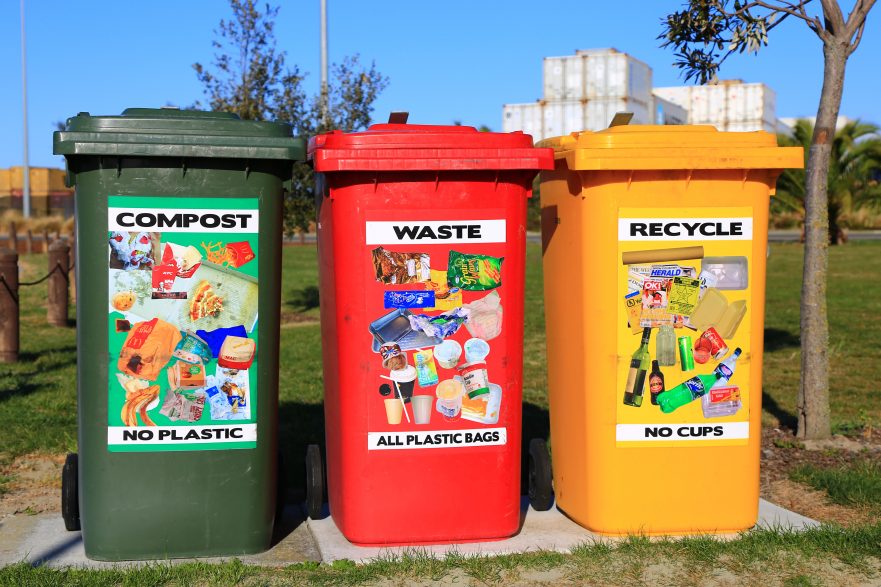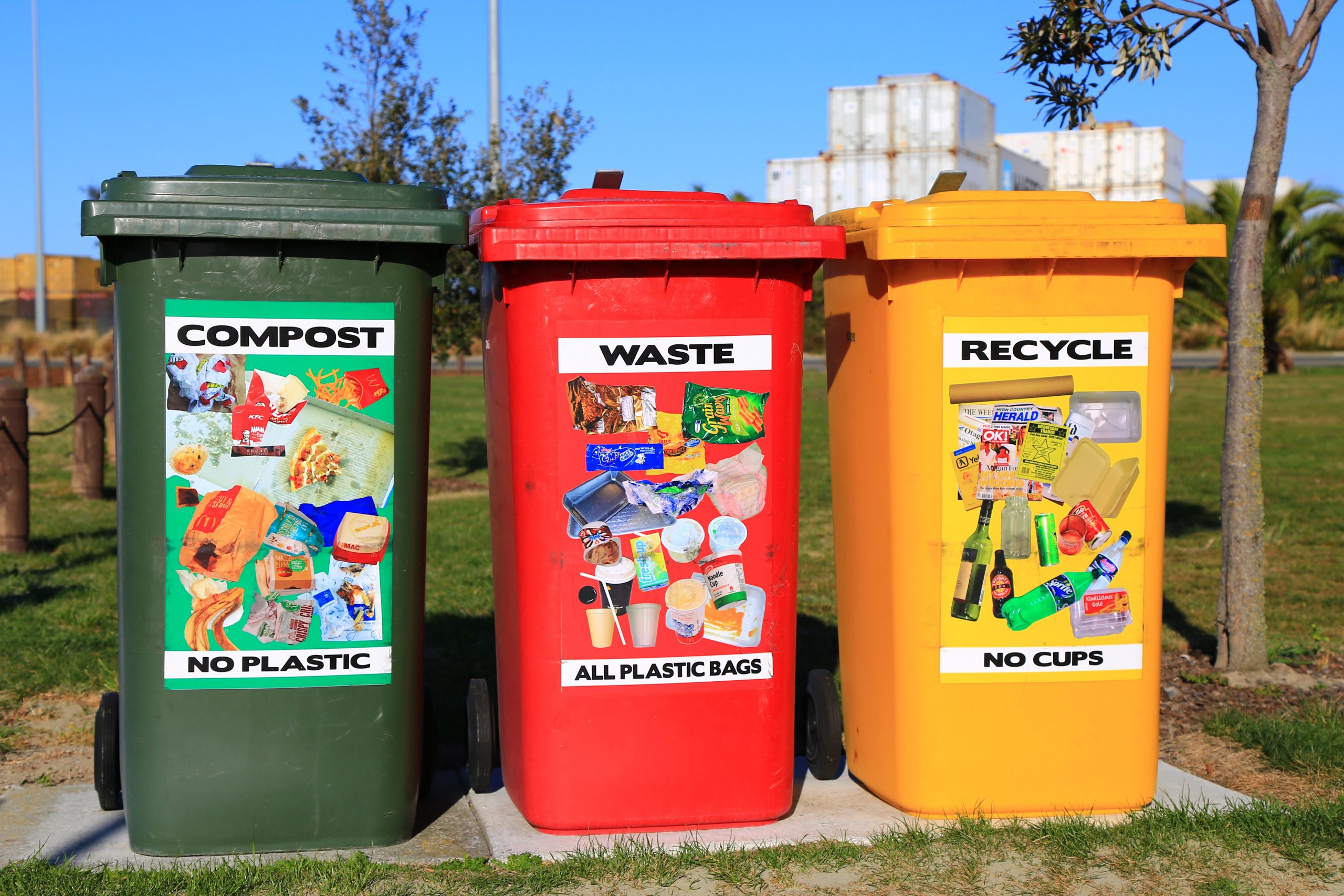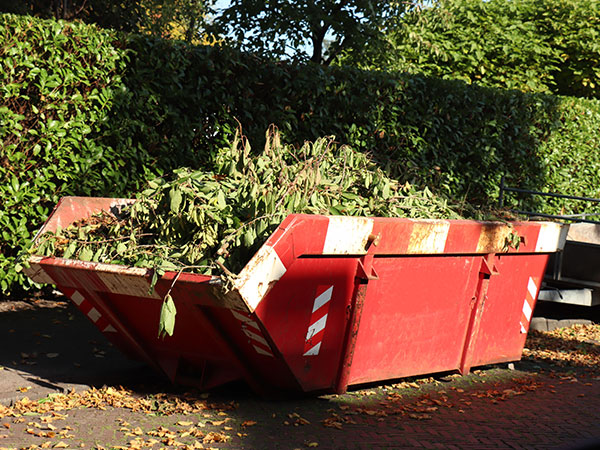Guaranteed Next Day Delivery!

Waste Management in Melbourne – Best Practices
Waste Management in Melbourne: A Guide for Businesses
Waste management in Melbourne is a growing challenge for many businesses. Every business generates some form of waste — whether it’s paper from the office or emissions from company vehicles. The larger the operation, the more waste it produces.
That’s why it’s essential for business owners, large and small, to take control of their waste management in Melbourne and adopt strategies that work long-term.
Many companies fall into poor habits simply because of disorganisation. Employees may not think about where their waste ends up when they toss something in the bin. As a business owner managing waste management, it’s your job to make responsible disposal easy and practical for your team.
1. Evaluate the Type of Waste for Better Waste Practices
Start by measuring the amount of commercial waste your business generates. Monitor your garbage for two weeks to see what’s being thrown away.
Look closely at what type of waste is most common. Is it packaging waste from deliveries — a big issue for retail businesses — or food waste from staff meals? You may even notice rubbish being brought in from outside.
Tracking this data gives you a clear picture of your waste habits. You might even consider a “zero waste” policy, where staff take their own waste home.
For guidance, review Melbourne’s Waste and Resource Recovery Strategy for 2030, which outlines steps businesses can take to improve local waste reduction.
Types of Waste to Consider in Your Waste Plan
Understanding waste categories helps you manage it more efficiently:
- General waste – paper, cardboard, furniture, fridges
- Green waste – leaves, branches, grass clippings
- Concrete waste – bricks, rubble, and similar materials
- Soil waste – dirt and earth
- Mixed waste – treated timber, shrubs, kitchenware
Using Permanent Skip Bins for Efficient Waste Management
If your business produces large amounts of rubbish regularly, consider investing in a permanent skip bin. This is one of the most efficient ways to handle waste management in Melbourne.
A local Melbourne skip bin company will recycle much of what’s collected, helping your business stay sustainable. Monitor how quickly your skip fills and schedule regular swaps to stay on top of your waste volume.
2. Reduce the Amount of Waste Going to Landfill in Melbourne
Effective waste management means reducing what ends up in landfill. Businesses play a big role in easing the pressure on facilities like Waste Sense and the Port Phillip Resource Recovery Centre.
Sending less waste to landfill is good for the environment — and your budget. Most inorganic waste can take years to decompose. Develop strategies to cut down your waste output and set recycling goals for your business.
Strategies to Improve Waste Reduction
- Reuse materials: Identify materials that can be resold or donated.
- Reduce waste: Encourage staff to use resources responsibly and avoid overconsumption.
- Set recycling goals: Create company-wide targets for paper and packaging use.
- Recycle smarter: Focus on easy-to-recycle materials like paper, cardboard, and plastics.
3. Waste Management in Melbourne – Identify Your Local Skip Bin Supplier
Once you understand your waste streams, connect with waste management suppliers who can handle your specific needs. Not every provider deals with all waste types, so choose a partner that offers tailored waste management in Melbourne to match your industry and volume.
4. Review Your Waste and Recycling Contracts
Review your current contracts to ensure your waste collection aligns with your sustainability goals. Choose a waste management company that values proper recycling and environmental responsibility. Conduct research to see how they process recyclable materials and ensure transparency in their disposal methods.
5. Consider a Rubbish Compactor
Investing in a rubbish compactor can drastically improve your business’s waste management. Compactors reduce waste volume, control odours, and protect rubbish from pests — making disposal cleaner and more efficient.
Choose a model that fits your business size and daily waste output. This small investment can deliver long-term savings and sustainability benefits.


